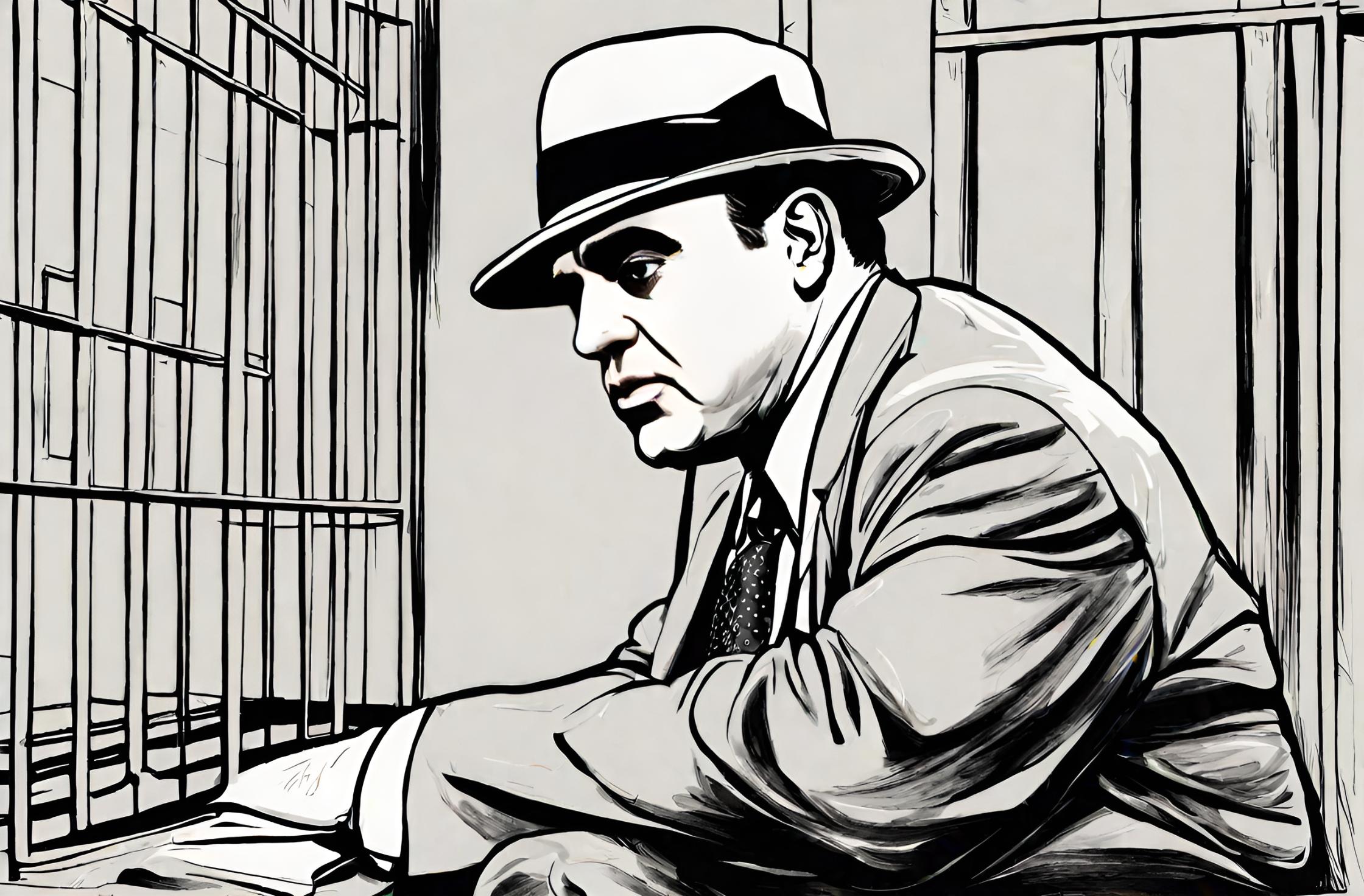Flashback to May 4
American History

On May 4, 1923, a significant event occurred that would forever change the course of history in New York. The state government made the bold decision to revoke the Prohibition law, which had been in effect since 1920. This move marked a turning point in the fight against alcohol prohibition and had far-reaching implications for the state’s economy, culture, and society.
The Prohibition era, also known as the “Noble Experiment,” was a nationwide constitutional ban on the production, importation, transportation, and sale of alcoholic beverages. It was enacted with the intention of curbing social problems associated with excessive alcohol consumption, such as crime, corruption, and domestic violence. However, the Prohibition law proved to be highly controversial and led to unintended consequences.
New York, a prominent state and home to one of the largest cities in the world, was greatly affected by the Prohibition law. The ban on alcohol had a detrimental impact on the state’s economy, as many breweries, distilleries, and bars were forced to shut down. This resulted in the loss of thousands of jobs and a significant decline in tax revenues for the state.
Furthermore, the Prohibition law gave rise to a black market for alcohol, with illegal speakeasies and bootlegging operations thriving in New York City and other parts of the state. Organized crime syndicates, such as the infamous mobster Al Capone, took advantage of the lucrative illicit alcohol trade, further exacerbating the problem of crime and corruption.
The revocation of the Prohibition law by the New York state government was a response to mounting pressure from the public and businesses that were severely impacted by the ban. Many argued that prohibition was ineffective in achieving its intended goals and only served to fuel illegal activities. Additionally, the economic benefits of lifting the ban were too significant to ignore.
With the revocation of the Prohibition law, New York state saw a resurgence in its brewing and distilling industry. Breweries and distilleries were able to legally operate once again, providing employment opportunities and boosting the state’s economy. The revival of the alcohol industry also brought back the cultural aspects associated with it, such as breweries offering tours and tastings, and bars becoming vibrant social hubs.
The repeal of Prohibition also had a positive impact on tourism in New York. Many visitors from across the country flocked to the state to enjoy its newfound freedom in alcohol consumption. This influx of tourists provided a much-needed boost to the state’s hospitality and tourism industries.
Moreover, the revocation of the Prohibition law allowed for the implementation of regulated and taxed alcohol sales. This provided a new source of revenue for the state government, which could be directed towards funding public services and infrastructure projects.
New York state’s decision to revoke the Prohibition law on May 4, 1923, was a significant event with lasting implications. The lifting of the ban had a positive impact on the state’s economy, culture, and society. It brought an end to the illicit alcohol trade, revitalized the brewing and distilling industry, and attracted tourists from across the country. The decision to repeal Prohibition demonstrated the state government’s willingness to adapt to the changing needs and desires of its citizens.
We strive for accuracy. If you see something that doesn't look right, click here to contact us!
Sponsored Content

In Atlanta, Georgia, mobster…
On May 4, 1932,…

Jean Crepin, soldier/industrialist, dies…
Jean Crepin, soldier and…

New York state revokes…
On 5/4/1923, New York…

Battle of Chancellorsville ends…
On May 4, 1863,…

Abraham Lincoln buried in…
Abraham Lincoln, the renowned…

